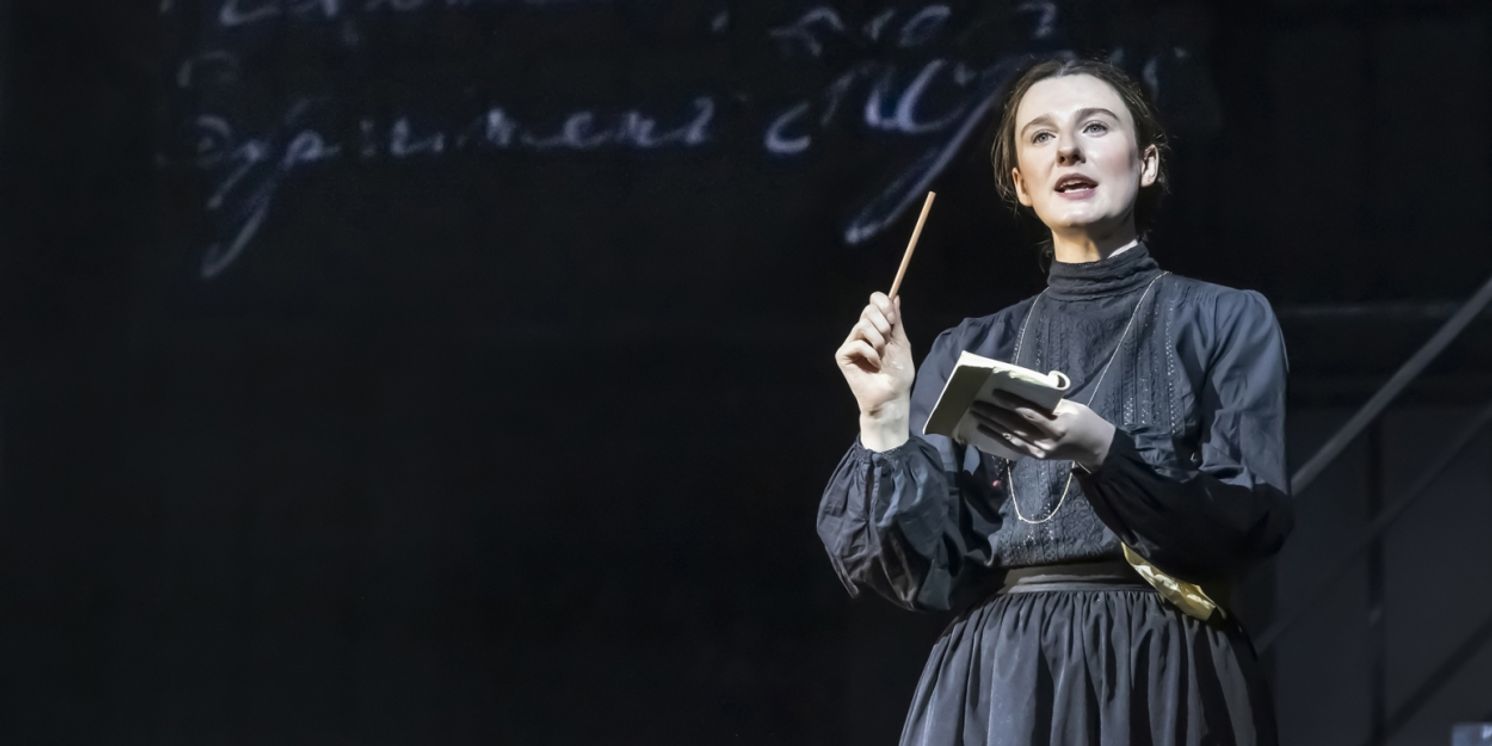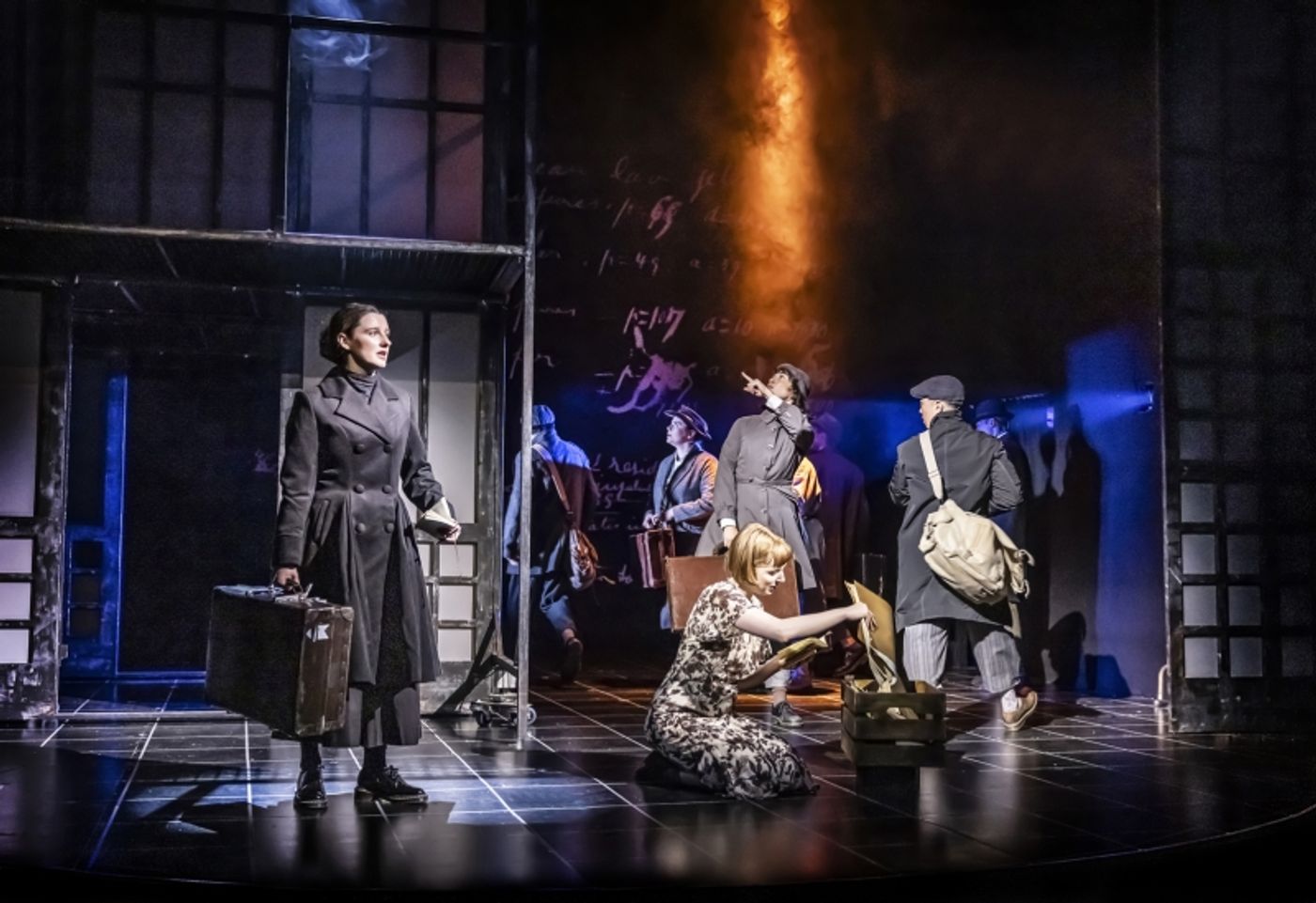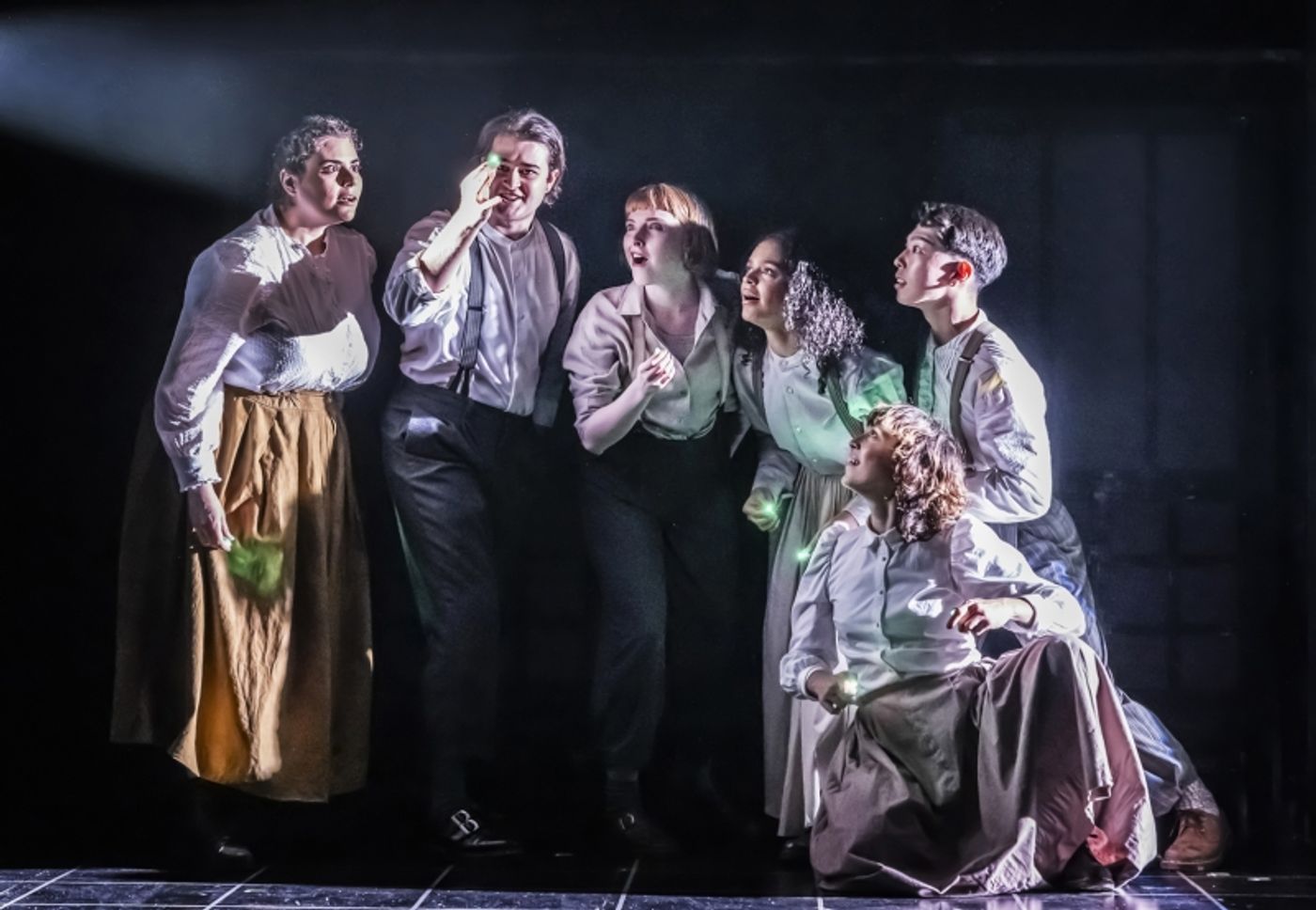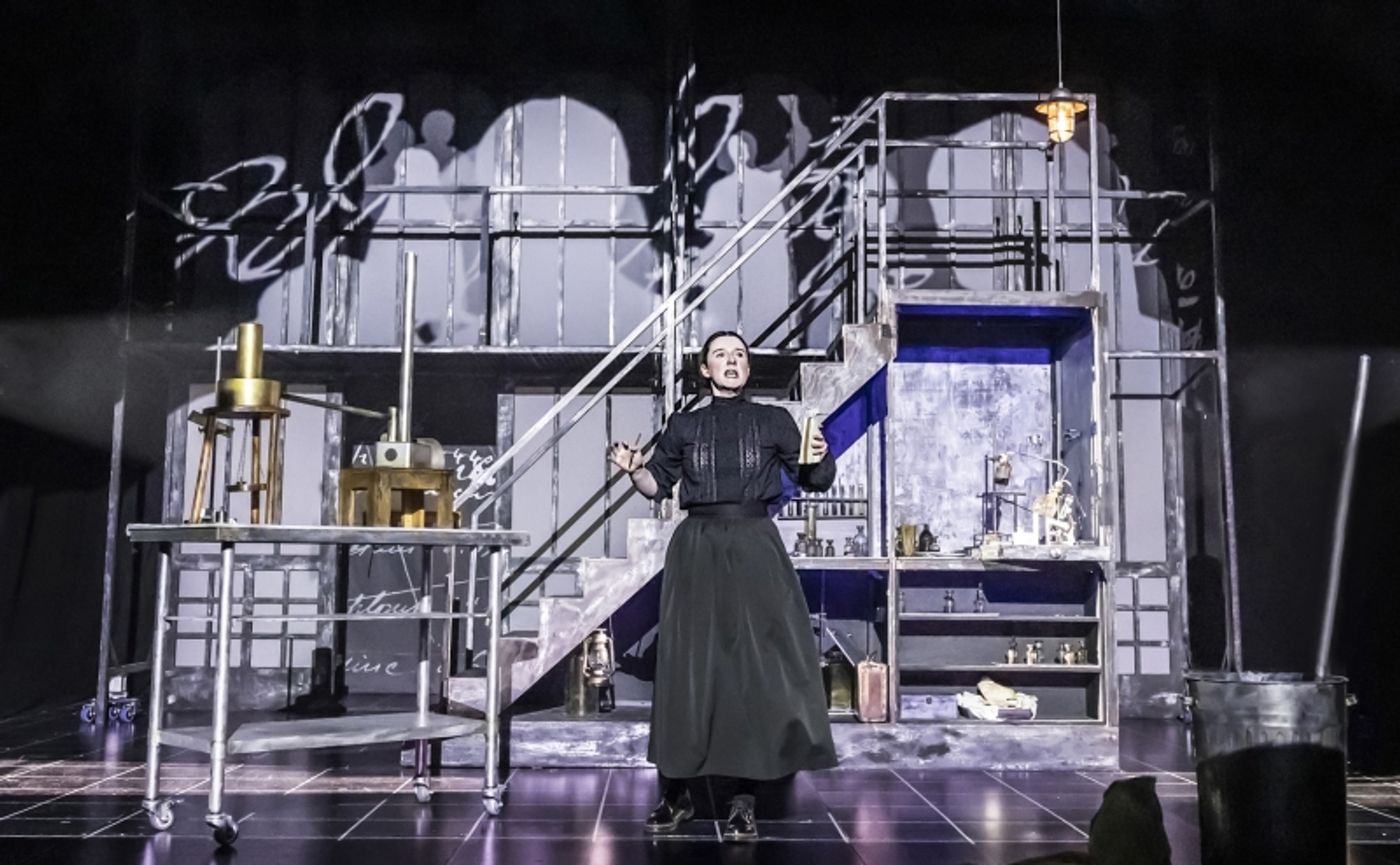Review: MARIE CURIE, Charing Cross Theatre
An unfortunately mediocre musical about one of the most extraordinary women in history.

![]() Erase Marie Curie from history and we’d be dying in the streets. The Polish-born scientist was the first woman to ever win a Nobel Prize when she developed the theory of radioactivity alongside her husband and subsequently became the first person to receive two in different fields when she was commended for discovering polonium and radium. A pioneer, a chemist, a physicist, a mother, she changed the world. It makes sense she's received a musical treatment.
Erase Marie Curie from history and we’d be dying in the streets. The Polish-born scientist was the first woman to ever win a Nobel Prize when she developed the theory of radioactivity alongside her husband and subsequently became the first person to receive two in different fields when she was commended for discovering polonium and radium. A pioneer, a chemist, a physicist, a mother, she changed the world. It makes sense she's received a musical treatment.
Premiered in South Korea some years ago, it follows young Marie Skłodowska as she moves to Paris to study at the Sorbonne before she goes on to make her groundbreaking discoveries. The immense potential of radium is suddenly overshadowed by its destroying side effects. As Marie rejoices in her discovery, the workers who handle the element are dying of a mysterious cause. An ethical dilemma ensues.

Originally written by Jongyoon Choi and Seeun Choun, now translated by Tom Ramsay (book), Emma Fraser (lyrics), and Ahreumbi Rew, the piece is a curiosity. Formulaic at best and stodgy at worst, the production pairs an uber-talented company with considerably average material. Ailsa Davidson is a star in the making, delivering a woman who’s consumed by her work, fired up by pride and a burning desire to leave her mark. Her supporting cast is equally impressive, with Chrissie Bhima soaring as Marie’s friend, Anne.
Cynically put, the project is exactly what you’d imagine it to be, complete with cheesy declarations and overly dramatic turns that don’t really say much about anything. Curie’s narrative is too generalised and the writers don’t venture beyond the first paragraph of her Wikipedia entry. There’s no real hook besides the performances and a lovely, grandiose score. The numbers are filled with textbook recipes and there’s very little beauty in the words (our heroine serenades some radium at one point).

The characters all talk (and sing) with the same tone, no matter their walk of life. Historical figures are accompanied by poetic liberties that spice up their lives, but there isn’t much humanity to any of them. They come off as cookie-cutter figurines. The visuals are, unfortunately, rather unoriginal too. Projections (Matt Powell) of Curie’s handwriting fill the grand set pieces (Rose Montgomery) that move the action from train to classroom to laboratory to factory.
The men wear three-quarter trousers and everyone seems to be wearing modern Dr Martens-adjacent footwear, offering an anachronistic look that doesn’t fit with the style of the show at all. A lot of elements start feeling odd once you go past the bland attempts at a wow factor. Still, it’s a shocking reminder that Curie’s experience wasn’t very far from what women face today. She's continuously forced to prove herself in a male-dominated field, accused of neglecting her family duties, constantly judged for being too invested in her research. It's astonishing to think that even Marie Curie, one of the most brilliant people in history, was shackled by her gender.

She was exceptional, but the musical written about her is anything but. It tends to be old-fashioned and traditional in structure, willing itself to be a majestic epic, but never reaching that stage. Her life story feels rushed and vague, the songs are run-of-the-mill, standardised, lacking that big “I want” statement that would cement her passion and drive the tale. Ultimately, it holds itself back with the quality of its writing.
Marie Curie runs at the Charing Cross Theatre until 28 July.
Photo credit: Pamela Raith
Reader Reviews
Videos

